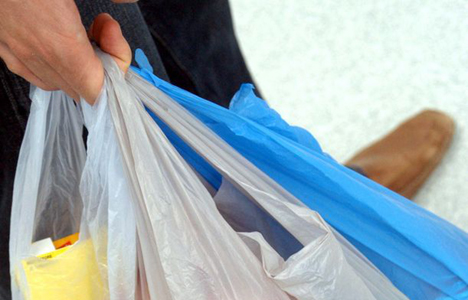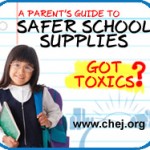VT BPA Update: Bill Passes Senate, Headed for House Human Services Committee
Great news! Last week the Vermont Senate passed S.247, An Act Relating to Bisphenol A (BPA)--a bill that would phase out BPA in reusable food and beverage containers and in infant formula or baby food that is stored in a plastic container, jar or can in favor of safer alternatives.
S.247 is an important step in providing much needed information about which products contain the harmful chemical BPA, so that all men and women have the ability to plan a safe and healthy pregnancy and family.
An amendment that would have weakened S.247 was proposed, but luckily it was defeated by a bipartisan vote of 16-14. Here’s the list of Senators who voted against weakening the bill: Ashe of Chittenden, Ayer of Addison, Brock of Franklin, Carris of Rutland, Choate of Caledonia, Cummings of Washington, Doyle of Washington, Flanagan of Chittenden, Giard of Addison, Illuzzi of Essex-Orleans, Kitchel of Caledonia, Lyons of Chittenden, MacDonald of Orange, McCormack of Windsor, Racine of Chittenden, and Snelling of Chittenden. Special shout out to Senator Ginny Lyons who is the lead sponsor of this bill and has been working really hard to keep the momentum going.
The next stop for the S.247 is the House Human Services Committee. PPNNE will be working hard to keep this bill moving along with our coalition partner the Alliance for a Clean and Healthy Vermont. If you want to learn more or get involved, email grassrootsvt@ppnne.org.


 Dr. Gibson’s testimony really dove into the science and health implications of BPA. Here’s an excerpt of her testimony:
Dr. Gibson’s testimony really dove into the science and health implications of BPA. Here’s an excerpt of her testimony:






